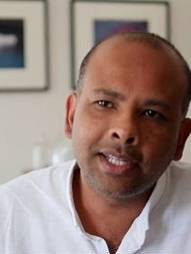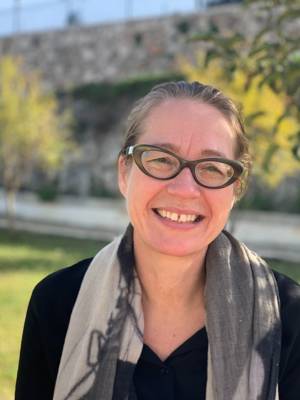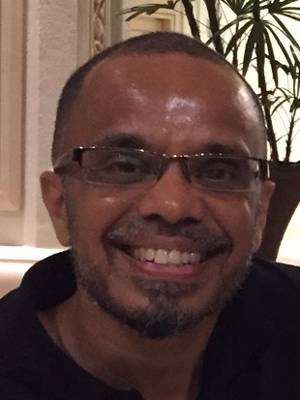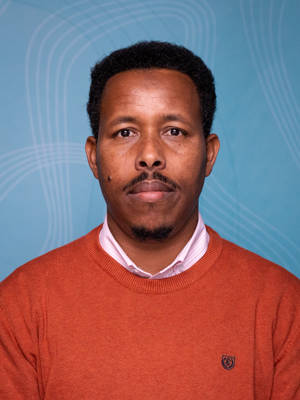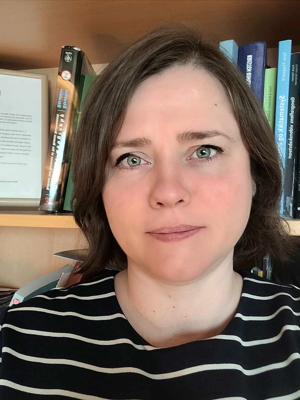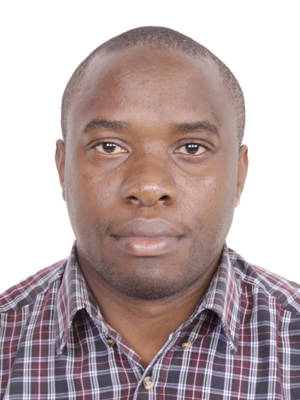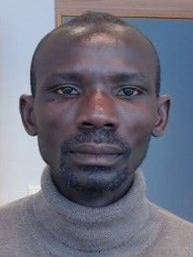We live in an age defined by uncertainty, where a constant state of crisis seems to have become ʻthe new normalʼ. This reality has led to increasing numbers of displaced with no solution in sight. Humanitarian needs in protracted displacement situations are rising due to ongoing and escalating conflicts, often in intersection with increased economic inequality and the effects of climate change. Amidst forecasts of reduced humanitarian funding, calls for paradigm shifts that bridge short-term humanitarian needs with long-term social-political and environmental sustainability are increasingly heard. EXPAND locates answers to such calls in local contexts as local ownership is key to any potential for ʻresponsible innovationʼ.
EXPAND studies existing innovative locally-led holistic responses to protracted displacement, how they evolved and what effects they have. In the development of innovative locally-led responses to protracted displacement, which actors hold what kinds of responsibilities, resources, and power in these processes over time? How do international, national and local practices, interests and norms interact in locally-led holistic responses? What is understood as ʻlocally-ledʼ by different stakeholders? And what is the impact of different approaches on diverse groups within displaced populations?
The project recognizes the importance of relational ethics in locally-led responses to protracted displacement, drawing on ethics of care, communitarian and decolonial approaches. A relational approach acknowledges that in a concrete context subjects are produced in and through relations with others, and emphases the ʻdoingʼ of a relationship through responsibilities and obligations towards those others. Through research on responses to displacement in Uganda, Somalia and Sri Lanka, the interdisciplinary project team aims to make a theoretical contribution to the study of the role of relational ethics in responses to complex crises.

